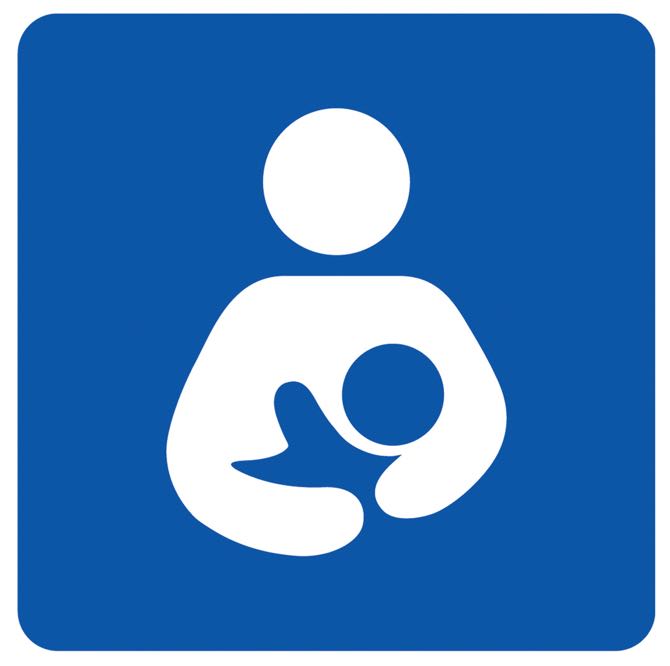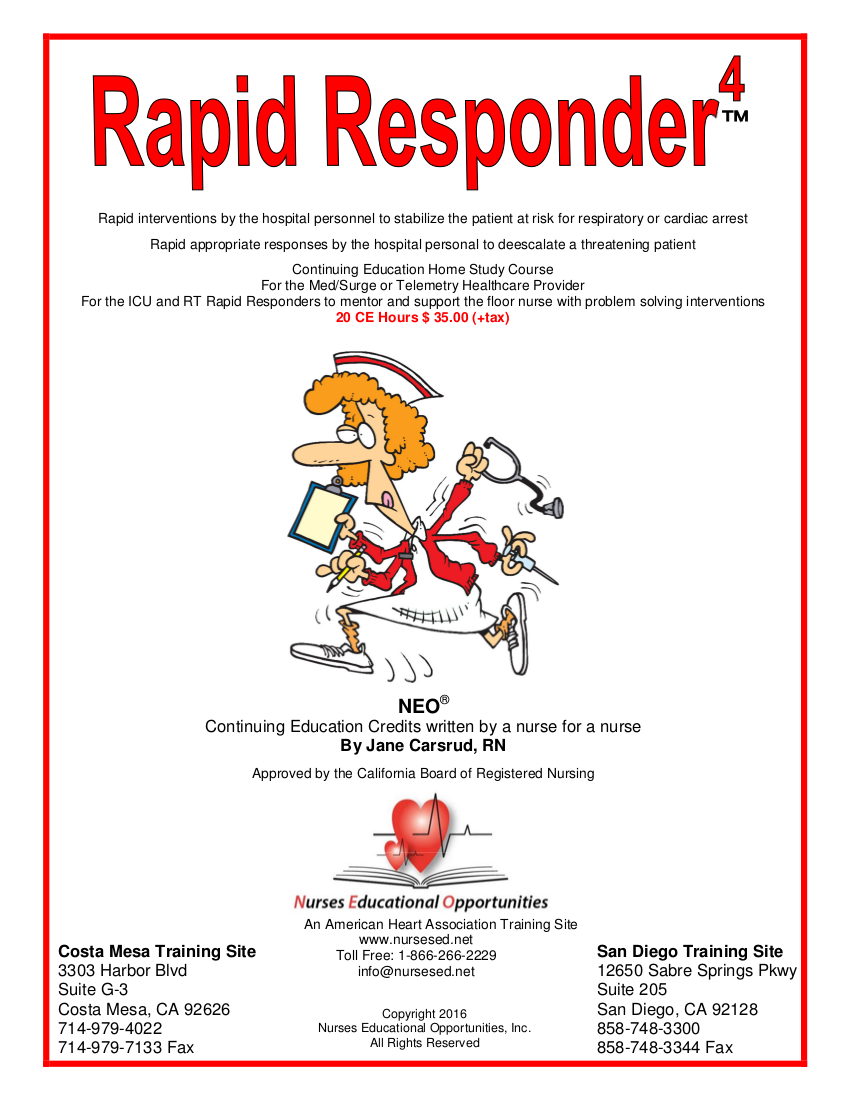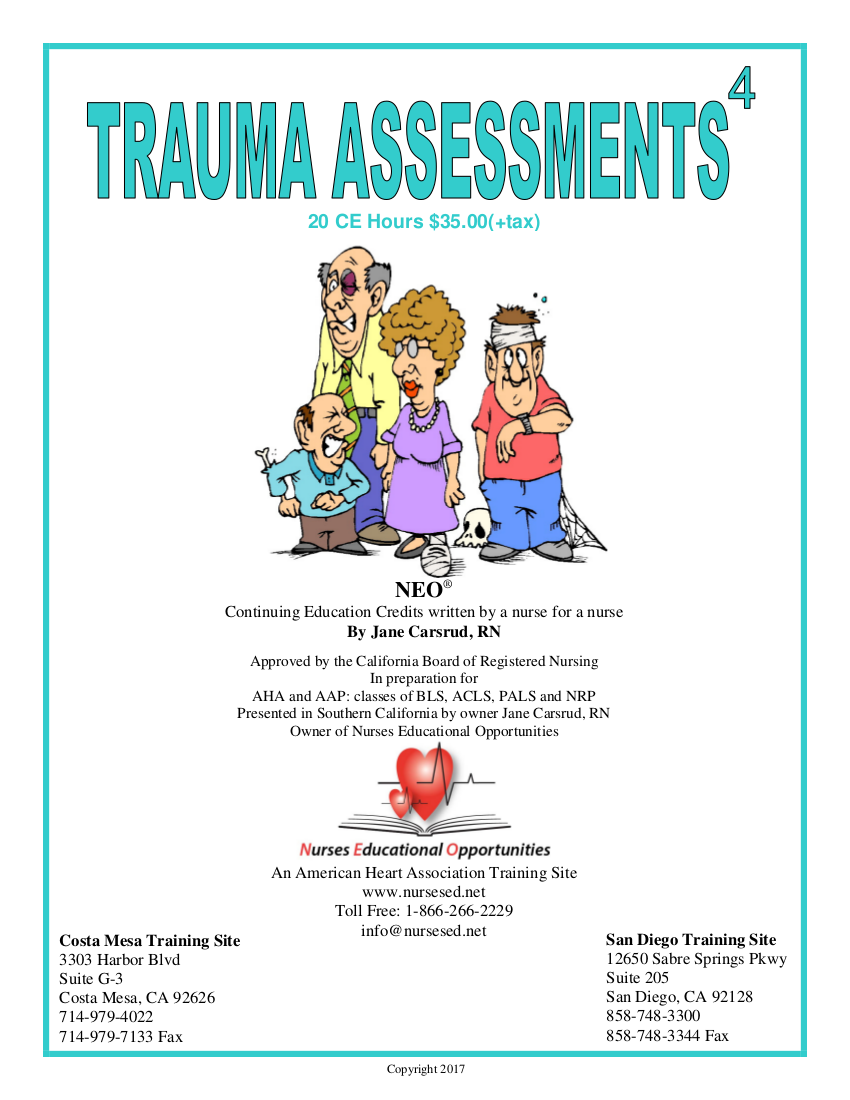
The Mother-Friendly Childbirth Initiative
The Coalition for Improving Maternity Services (CIMS) is a coalition of individuals and national organizations with concern for the care and wellbeing of mothers, babies, and families Our mission is to promote a wellness model of maternity care that will improve birth outcomes and substantially reduce cost. The evidence- based mother/baby/and family friendly model focuses on prevention and wellness as the alternative to high cost screening, diagnosis, and treatment programs.
In spite of spending far more money per capita on maternity and newborn care than any other country, the United States falls behind most industrialized countries in perinatal morbidity and mortality, and maternity mortality is four times greater for African-American women that for Euro-American women, Midwives attend the vast majority of births in those industrialized countries with the best perinatal outcomes, yet in the United States, midwives are the principal attendants at only a small percentage of births.
Current maternity and newborn practices that contribute to high cost and inferior outcomes include the inappropriate application of technology and routine procedures that are not based on scientific evidence.
Increased dependence of technology has diminished confidence in women’s innate ability to give birth without interventions
The integrity of mother/child relationship, which began in pregnancy, is compromised by obstetrical treatment of mother and baby as if they were separate units with conflicting needs.
Although breastfeed has a scientifically show to provide optimum health, nutritional and development benefits to newborns and their mothers, only a fraction of U.S. mothers are fully breastfeeding their babies by the age of six weeks
The current maternity care system in the United States does not provide equal access to health care resources for women from disadvantaged population groups, women with insurance, and women whose insurance dictates caregivers or place of birth.
We, the undersigned members of CIMs, hereby resolve to define and promoter mother-friendly maternity services in accordance with the following principles
- Birth is a normal and natural health process
- Women and babies have the inherent wisdom necessary for bath. Babies are award, sensitive human beings at the time of birth and should be acknowledged and treated as such
- Breastfeeding provides the optimum nourishment for newborns and infants
- Birth can safely take place in hospitals, birth center and homes.
- The midwifery model of care, which supports and protects the normal birth process, is the most appropriate for the majority of women during pregnancy and birth
Empowerment:
- A woman’s confidence and ability to give birth and to care for her baby is enhanced or diminished by every person who gives her care, and by the environment in which she gives birth.
- A mother and baby are distinct, yet, are interdependent during pregnancy, birth and infancy. Their interconnected-ness is vital and must be respected.
- Pregnancy, birth and the postpartum period are milestone events in the continuum of life. These experiences profoundly affect women, babies, fathers and families, and have important and long lasting effects of society.
Autonomy – Every woman should have the opportunity to:
- Have a healthy and joyous birth experience for herself and her family, regardless of her age or circumstances
- Give birth as she wishes in an environment in which she feels nurtured and secure, and her emotional well-being, privacy and personal preferences are respected.
- Have access to the full range of options for pregnancy, birth and nurturing her baby, and to accurate information on all available birthing sites, caregivers, and practices.
- Receive accurate and up-to-date information about the benefits and risks of all procedures, drugs, and test suggested for use during pregnancy, birth and the postpartum period. With the rights to informed consent and informed refusal.
- Receive support for making informed choices about what is best for her and her baby based on her individual values and beliefs.
Do No Harm:
- Interventions should not be applied routinely during pregnancy, birth or the postpartum period. Many standard medical test, procedures, technologies, and drugs carry risk to both mother and baby, and should be avoided in the absence of specific indications for their use
If complications arise during pregnancy, bath, or the postpartum period, medical treatments should be evidence-based.
Responsibility:
- Each caregiver is responsible for the quality of care she or he provides
- Maternity care practice should not be based on the needs of the caregiver or provider, but solely on the needs of the mother and child.
- Each hospital and birth center is responsible for the periodic review and evaluation; according to the current scientific evidence of the effectiveness, risk, and rates of use of its medical procedures for mothers and babies.
- Society, through both its government and the public health establishment is responsible for ensuring access to maternity services for all women and for monitoring the quality of these services
- Individuals are ultimately responsible for making inform choices about the health care they and their babies receive.
These principles give rise to the following steps, which support, protect and promote mother-friendly maternity services
The Ten Steps of the Mother-Friendly Childbirth Initiative – To receive CIMS designation on “mother-friendly,” a hospital, birth center or home birth service most carry out the philosophical principles by.
1. Offer all birthing mothers
- Unrestricted access to the birth companions of her choice, including father, partners, children, family members and friends.
- Unrestricted access to continuous emotional and physical support from a skilled woman – for example, a doula or labor-support professional
- Access to professional midwifery care
2. Provides accurate descriptive and statistical information to the public about its practices and procedures for birth care, including measures of interventions and outcomes.
3. Provides culturally competent care – that is, care that is sensitive and responsive to the specific beliefs, values, and customs of the mother’s ethnicity and religion.
4. Provides the birth in woman with the freedom to walk, move about and assume the positions of her choice during labor and birth (unless restriction is specifically required to correct a complication) and discourages the use of the lithotomy (flat on back with legs elevated) position.
5. Has clearly defined policies and procedures for collaborating and consulting.




